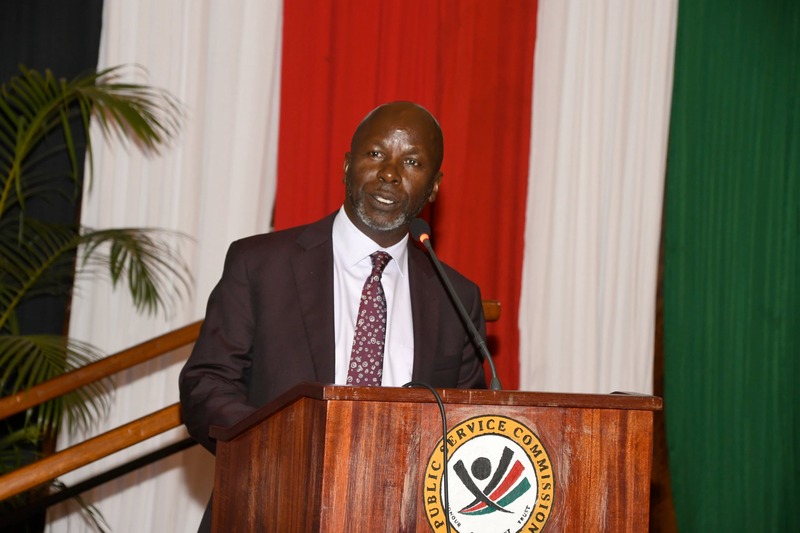Kenya petitions EAC over Tanzania’s ban on foreign traders, cites treaty violations

The new directive prohibits non-citizens from participating in 15 business categories and imposes harsh penalties, including fines of no less than TSh10 million (Sh501,584), jail terms of up to six months and the cancellation of visas and residence permits.
Kenya has formally petitioned the East African Community (EAC) over Tanzania’s newly introduced business restrictions targeting non-citizens, warning that the move violates the Common Market Protocol and threatens regional trade relations.
On Thursday, East African Community Principal Secretary, Dr Caroline Karugu, confirmed that Kenya had officially written to the EAC Secretariat to protest Tanzania’s controversial directive, which bans foreigners from engaging in a range of business activities.
More To Read
- EAC, SADC agree on unified framework to speed up peace process in eastern DRC
- DRC conflict: President Ruto backs merger of Nairobi and Luanda peace initiatives
- African Union calls for stronger action to implement peace deals in eastern DRC
- EAC warns partner states against unilateral directives undermining Common Market Protocol
- Kenya plans talks with Tanzania over new trade restrictions
- Kenya urges urgent action as Tanzania’s new trade restrictions threaten EAC integration
The directive, titled Business Licensing (Prohibition of Business Activities for Non-Citizens) Order, 2025, was issued Tuesday by Tanzania’s Minister for Trade and Industry, Selemani Saidi Jafo.
15 business categories
It prohibits non-citizens from participating in 15 business categories and imposes harsh penalties, including fines of no less than TSh10 million (approximately Sh501,584), jail terms of up to six months, and the cancellation of visas and residence permits.
Additionally, Tanzanian licensing authorities have been instructed not to issue or renew business licenses for non-citizens operating in the affected sectors.
Karugu said the directive stands in clear violation of the EAC Common Market Protocol, citing specific provisions—Articles 13(1), 13(3)(a), 13(5), 13(8), and 13(9)—which guarantee the free movement of persons, services, and the right of establishment among member states.
“The Order undermines the core objectives of regional economic integration and poses a significant setback to the gains made under the EAC Common Market Protocol,” she said.
Karugu added that Kenya has called on the regional bloc to hold Tanzania accountable to its legal obligations under the EAC framework.
Review order
“I have officially written to the EAC Secretariat to notify the United Republic of Tanzania to review the order to ensure full compliance with the EAC Treaty and Community Laws,” she said.
The policy has caused alarm among Kenyan traders operating in Tanzania, many of whom now face the risk of forced business closures or deportation if the order is enforced.
While Tanzanian authorities argue that the move is intended to protect local small businesses and empower domestic entrepreneurs, critics within the region say it amounts to economic isolationism, undermining the principles of free trade and regional cooperation that the EAC is built upon.
The dispute threatens to further strain diplomatic and economic ties between the two nations and may discourage cross-border investment in a region frequently rocked by trade tensions among partner states.
Trade Cabinet Secretary Lee Kinyanjui echoed Kenya’s opposition to the order on Wednesday, calling for its immediate withdrawal and warning that Kenya could consider retaliatory measures if diplomacy fails.
“On whether Kenya will retaliate… Yes, that is one of the cards on the table, but we first want to exhaust the diplomatic channels,” Kinyanjui said.
Top Stories Today










































